Home>Furniture>Outdoor Furniture>Which Pavers Are Best For Patio
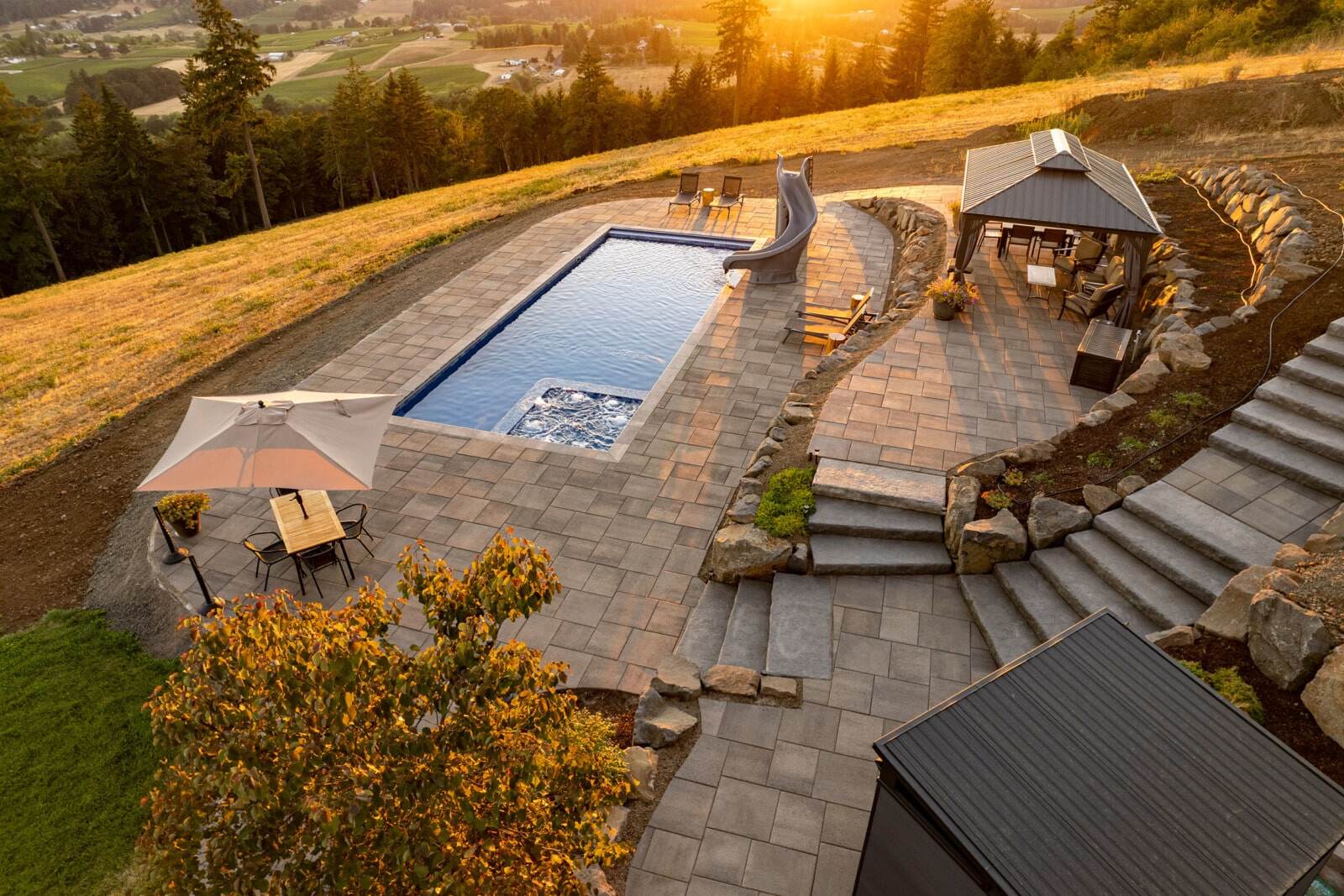

Outdoor Furniture
Which Pavers Are Best For Patio
Modified: March 7, 2024
Discover the best outdoor furniture for your patio with our top-rated pavers. Create a stunning outdoor space with durable and stylish options for every budget.
(Many of the links in this article redirect to a specific reviewed product. Your purchase of these products through affiliate links helps to generate commission for Storables.com, at no extra cost. Learn more)
Introduction
Creating a beautiful and functional outdoor patio requires careful consideration of various factors, and one of the most crucial decisions is choosing the right pavers. Pavers not only determine the overall aesthetic appeal of your patio but also play a vital role in its durability and longevity. With a wide range of options available in the market, selecting the best pavers for your patio can seem overwhelming.
In this article, we will explore different types of pavers commonly used for outdoor patios and weigh their pros and cons. By understanding the characteristics of each option, you can make an informed decision that meets your specific needs and preferences.
Key Takeaways:
- Choose concrete pavers for a durable, customizable, and affordable patio option, but be mindful of potential staining and fading over time.
- Opt for natural stone pavers for a stunning, long-lasting patio with unique beauty, but be prepared for higher costs and regular maintenance.
Read more: What Is A Paver Patio
Concrete Pavers
Concrete pavers are one of the most popular choices for outdoor patios due to their durability and affordability. Here are some pros and cons to consider when deciding if concrete pavers are the right choice for your patio.
Pros:
- Strength and Durability: Concrete pavers are known for their strength and ability to withstand heavy loads. They are designed to resist cracking and shifting under pressure, making them a long-lasting option for your patio.
- Variety of Shapes and Colors: Concrete pavers come in a wide range of shapes, sizes, and colors, allowing you to customize your patio according to your personal style and preferences. Whether you prefer a modern or traditional look, there is a concrete paver design to suit your needs.
- Easy Installation and Maintenance: Concrete pavers are relatively easy to install and can be a DIY project for those with basic handyman skills. Additionally, they require minimal maintenance. Regular sweeping and occasional power washing are usually sufficient to keep them looking clean and fresh.
Cons:
- Prone to Stains: Concrete pavers are porous and can be prone to staining. This means that if something spills on them, such as oil or red wine, it may leave a permanent mark if not cleaned promptly.
- Can Fade Over Time: While concrete pavers offer a range of colors to choose from, it’s important to note that they may fade over time due to exposure to sunlight and weather conditions. To maintain their appearance, periodic sealing may be required.
- Potential for Unevenness: Concrete pavers can settle unevenly over time, which may result in an uneven patio surface. This can be mitigated by ensuring proper installation and regular maintenance.
Consider these pros and cons carefully when deciding whether concrete pavers are the right choice for your patio. If durability, affordability, and ease of installation are important factors for you, concrete pavers may be the perfect option. However, if you are concerned about staining or prefer a material that maintains its color over time, you may want to explore other paver options.
Brick Pavers
Brick pavers are a timeless and classic choice for outdoor patios. Their rustic charm and durability make them a favorite among homeowners. Let’s delve into the pros and cons of using brick pavers for your patio.
Pros:
- Timeless Aesthetic Appeal: One of the biggest advantages of brick pavers is their timeless beauty. The natural color variations and textures of brick add warmth and character to any outdoor space, creating a charming and inviting atmosphere.
- Durability: Brick pavers are known for their strength and durability. They can withstand heavy foot traffic and are resistant to cracking and fading over time. With proper installation and maintenance, brick pavers can last for decades.
- Low Maintenance: Brick pavers require minimal maintenance. Regular sweeping and occasional washing are usually sufficient to keep them looking clean and well-maintained. In case of damage to a specific area, individual bricks can be easily replaced.
Cons:
- Higher Cost: Compared to other paver options, brick pavers can be relatively more expensive. The higher cost is due to the manufacturing process and the durability of the material. However, the long lifespan and classic appeal of brick pavers make them a worthwhile investment.
- Uneven Surface: Brick pavers may sometimes settle unevenly, resulting in an uneven patio surface. This can cause tripping hazards and may require periodic adjustments or leveling to maintain a smooth and safe outdoor space.
- Limited Color Choices: While brick pavers offer a range of earthy tones, their color options are more limited compared to other materials. If you have a specific color scheme in mind for your patio, you may need to explore other alternatives.
Consider the pros and cons mentioned above to determine if brick pavers are the right choice for your patio. If you appreciate the timeless beauty, durability, and low maintenance of brick pavers, they can be an excellent option. However, if budget constraints or a desire for more color options are considerations for you, it may be worth exploring other paver materials. Ultimately, selecting the best pavers for your patio comes down to personal preference and the specific requirements of your outdoor space.
Natural Stone Pavers
Natural stone pavers bring an air of elegance and sophistication to any outdoor patio. The unique beauty and durability of natural stone make it a popular choice among homeowners. Let’s explore the pros and cons of using natural stone pavers for your patio.
Pros:
- Natural Beauty: Perhaps the most significant advantage of natural stone pavers is their natural beauty and unique aesthetics. Each stone has its own distinct color variations, textures, and patterns, creating a stunning and visually appealing patio that cannot be replicated with any other material.
- Durability and Longevity: Natural stone is renowned for its durability. Properly installed and maintained, natural stone pavers can withstand harsh weather conditions and heavy foot traffic. They are known to last for many years, making them a durable and long-lasting option for your patio.
- Heat Absorption: Natural stone pavers have the ability to absorb and retain heat, making them a great choice for patios in warmer climates. They stay cool underfoot, allowing you to enjoy your outdoor space even on hot summer days.
Cons:
- Higher Cost: Natural stone pavers tend to be more expensive compared to other materials. The higher cost is due to the rarity and sourcing of natural stone. However, the timeless beauty and durability it offers often make it a worthwhile investment in the long run.
- Maintenance: Natural stone pavers require regular maintenance to keep them looking their best. They can be susceptible to staining, and certain types of stone may require periodic sealing to protect them from damage. Additionally, some types of natural stone may require special cleaning solutions to avoid discoloration.
- Weight and Installation Challenges: Natural stone pavers are often quite heavy, which can make the installation process more challenging and time-consuming. Professional installation is recommended to ensure the proper preparation of the base and the correct techniques for laying the pavers.
Consider these pros and cons when deciding if natural stone pavers are the right choice for your patio. If you value the natural beauty, durability, and heat absorption properties of natural stone, they can create a stunning and long-lasting outdoor space. However, if budget constraints or simpler maintenance are a consideration for you, exploring other paver options may be worth considering. Ultimately, choosing the best pavers for your patio depends on your personal preferences and the specific requirements of your outdoor area.
Travertine Pavers
Travertine pavers are a popular choice for outdoor patios due to their natural beauty and versatility. The unique characteristics of travertine make it an attractive option for homeowners looking to create a stylish and sophisticated outdoor space. Let’s explore the pros and cons of using travertine pavers for your patio.
Pros:
- Natural Aesthetic Appeal: Travertine pavers are known for their natural beauty and timeless elegance. With their warm earthy tones and unique veining patterns, they can enhance the visual appeal of any outdoor space, creating a luxurious and sophisticated atmosphere.
- Durability: When properly cared for, travertine pavers can withstand the test of time. They have excellent resistance to extreme temperatures and are less likely to crack or fade over time, making them a durable and long-lasting option for your patio.
- Non-Slip Surface: Travertine pavers have a naturally textured surface, which provides good traction and reduces the risk of slipping, especially when wet. This makes them a safe option for families with children or elderly individuals.
Cons:
- Potential for Staining: Travertine is a porous stone, which means it is susceptible to staining. It is important to seal the pavers properly to protect them from any spills or moisture that may lead to permanent staining. Regular maintenance and prompt cleaning of any spills are essential to maintain the pristine appearance of travertine pavers.
- Higher Cost: Travertine pavers can be more expensive compared to other options. The unique natural characteristics of travertine contribute to its higher cost. However, many homeowners view it as a worthwhile investment due to its beauty and durability.
- Maintenance: Travertine pavers require regular maintenance to keep them in optimal condition. This includes periodic sealing to protect against staining and the use of specific cleaning products to avoid damage to the stone. Additionally, any cracks or chips should be repaired promptly to prevent further damage.
Consider these pros and cons when deciding if travertine pavers are the right choice for your patio. If you appreciate the natural beauty, durability, and non-slip surface of travertine, they can add a touch of elegance to your outdoor space. However, if you are concerned about staining or have budget constraints, exploring alternative paver materials may be worth considering. Ultimately, selecting the best pavers for your patio involves considering your personal preferences and the specific requirements of your outdoor area.
Read more: How To Lay A Paver Patio
Porcelain Pavers
Porcelain pavers have gained popularity in recent years as a versatile and high-performing option for outdoor patios. With their sleek and modern appearance, porcelain pavers offer a range of benefits that make them a desirable choice. Let’s explore the pros and cons of using porcelain pavers for your patio.
Pros:
- Durability: Porcelain pavers are extremely durable and can withstand heavy foot traffic, making them suitable for outdoor spaces that receive a lot of use. They are highly resistant to stains, scratches, and fading, ensuring that your patio will maintain its visual appeal over time.
- Low Maintenance: Porcelain pavers are relatively easy to maintain. They are resistant to mold, mildew, and moisture, which means they require minimal cleaning. Regular sweeping and occasional washing are usually enough to keep them looking clean and pristine.
- Wide Range of Designs: Porcelain pavers offer a wide range of designs, patterns, and colors, allowing you to choose the perfect style to complement your outdoor space. They can mimic the look of natural stone, wood, or concrete, providing you with endless design possibilities.
- Slip-Resistant: Many porcelain pavers are designed to be slip-resistant, making them a safer option for outdoor areas, especially around pools or in regions with frequent rain or moisture. The textured surface provides better traction, reducing the risk of accidents.
Cons:
- Cost: Porcelain pavers can be more expensive compared to other options, primarily due to their high-quality manufacturing process and durability. However, considering their long lifespan and low maintenance requirements, many homeowners view them as a worthwhile investment.
- Installation Complexity: Porcelain pavers can be trickier to install compared to other materials. They require precise cutting and leveling, and professional installation is often recommended to ensure proper placement and to achieve the desired end result.
- Heat Retention: Porcelain pavers have the potential to retain heat, especially if they are darker in color. In hot climates, this can make the patio surface uncomfortably hot during peak sunny hours. However, lighter-colored or textured porcelain pavers can help mitigate this issue.
Consider these pros and cons when deciding if porcelain pavers are the right choice for your patio. If you value durability, low maintenance, and a wide range of design options, porcelain pavers can offer a sleek and modern look to your outdoor space. However, if budget constraints or concerns about heat retention are considerations for you, exploring alternative paver materials may be worth considering. Ultimately, choosing the best pavers for your patio depends on your personal preferences and the specific requirements of your outdoor area.
Conclusion
Choosing the right pavers for your outdoor patio is a critical decision that can significantly impact the overall aesthetic appeal and functionality of your space. Each type of paver comes with its own set of pros and cons, and understanding these factors is essential in making an informed decision.
Concrete pavers offer durability, affordability, and a wide range of design options, while brick pavers provide a timeless and classic look. Natural stone pavers bring a touch of elegance and natural beauty, while travertine pavers offer unique patterns and textures. Porcelain pavers, on the other hand, provide a sleek and modern appearance with low maintenance requirements.
Consider your personal preferences, budget, and the specific needs of your outdoor space when choosing the right pavers. If durability and cost-effectiveness are your top priorities, concrete pavers may be the best choice. For a timeless and rustic look, brick pavers can add charm to your patio. If you desire a natural and sophisticated appearance, natural stone or travertine pavers may be the perfect fit. And for a modern and easy-to-maintain option, porcelain pavers offer a range of designs to suit your style.
Ensure proper installation and maintenance regardless of the type of pavers you choose. Regular cleaning, occasional sealing, and addressing any repairs promptly will help prolong the life and beauty of your patio.
In conclusion, the best pavers for your patio will depend on your personal style, budget, and desired level of maintenance. With careful consideration of the pros and cons of each option, you can select the perfect pavers to transform your outdoor space into a stunning and functional area for enjoyment and relaxation.
Frequently Asked Questions about Which Pavers Are Best For Patio
Was this page helpful?
At Storables.com, we guarantee accurate and reliable information. Our content, validated by Expert Board Contributors, is crafted following stringent Editorial Policies. We're committed to providing you with well-researched, expert-backed insights for all your informational needs.
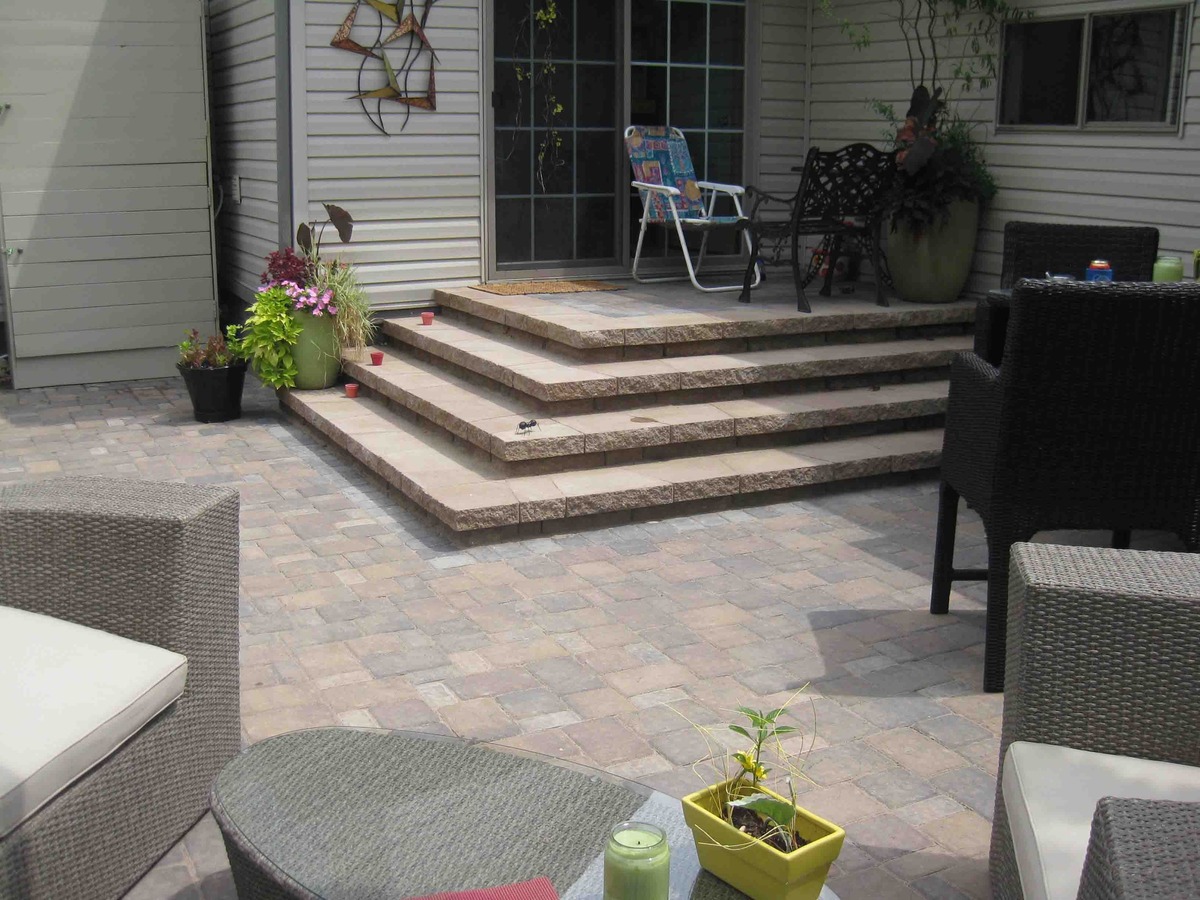
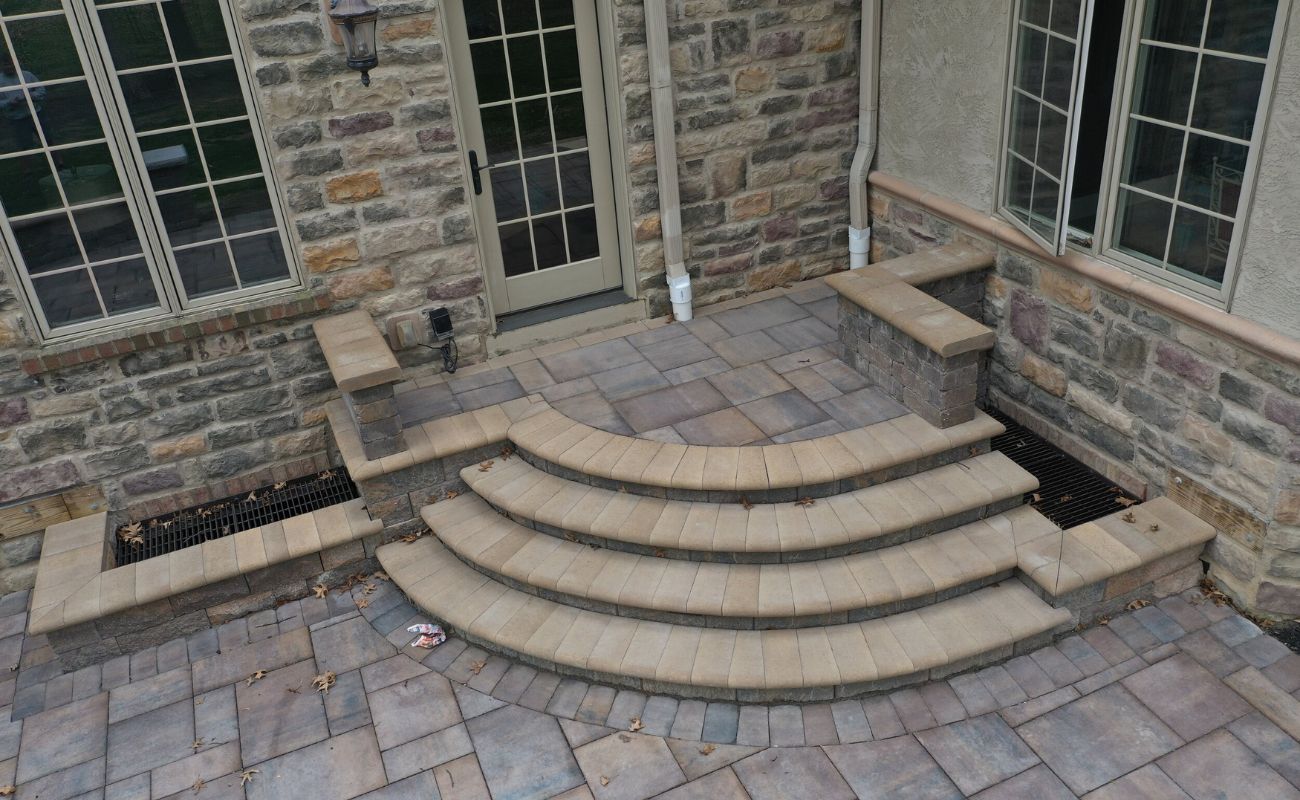
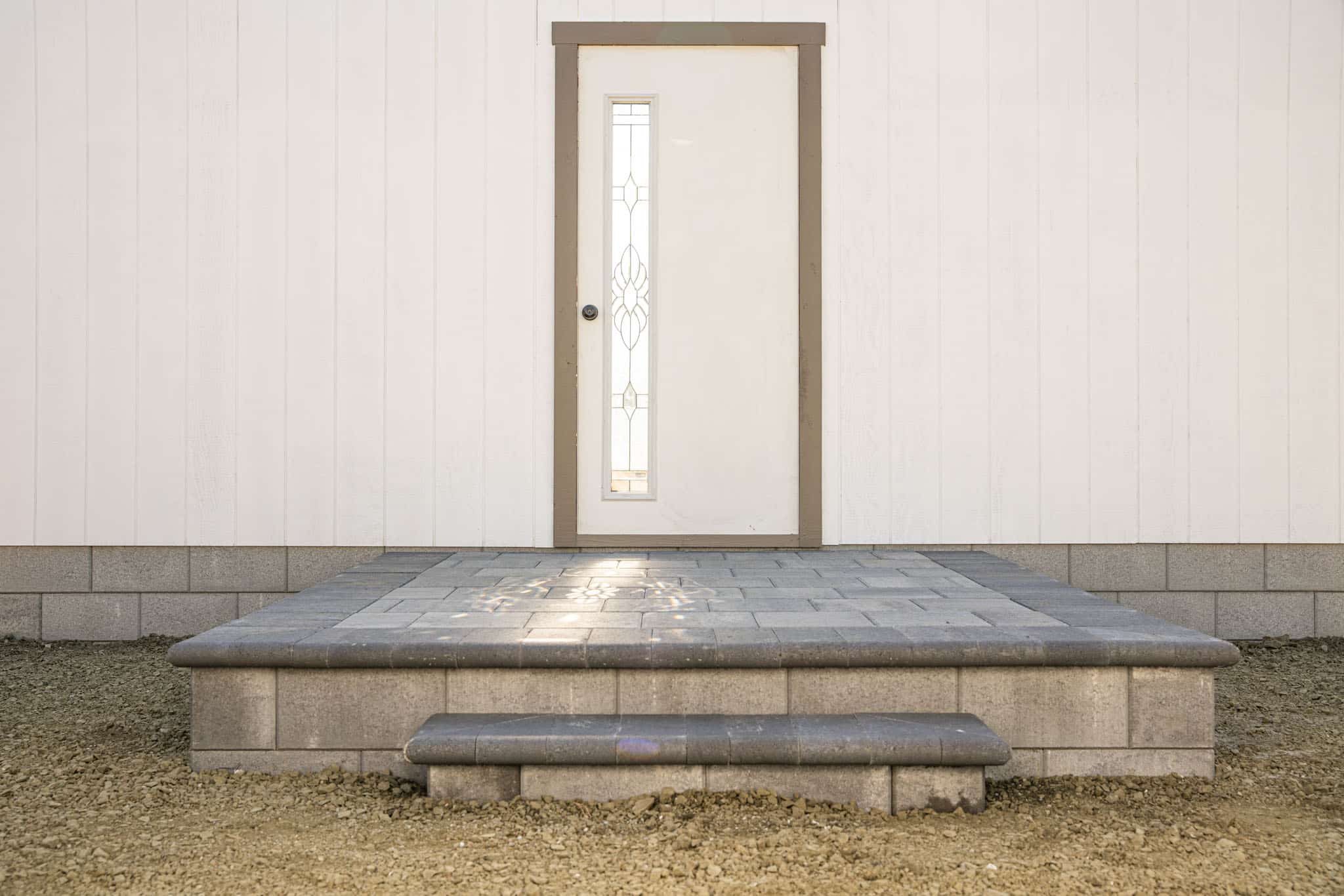
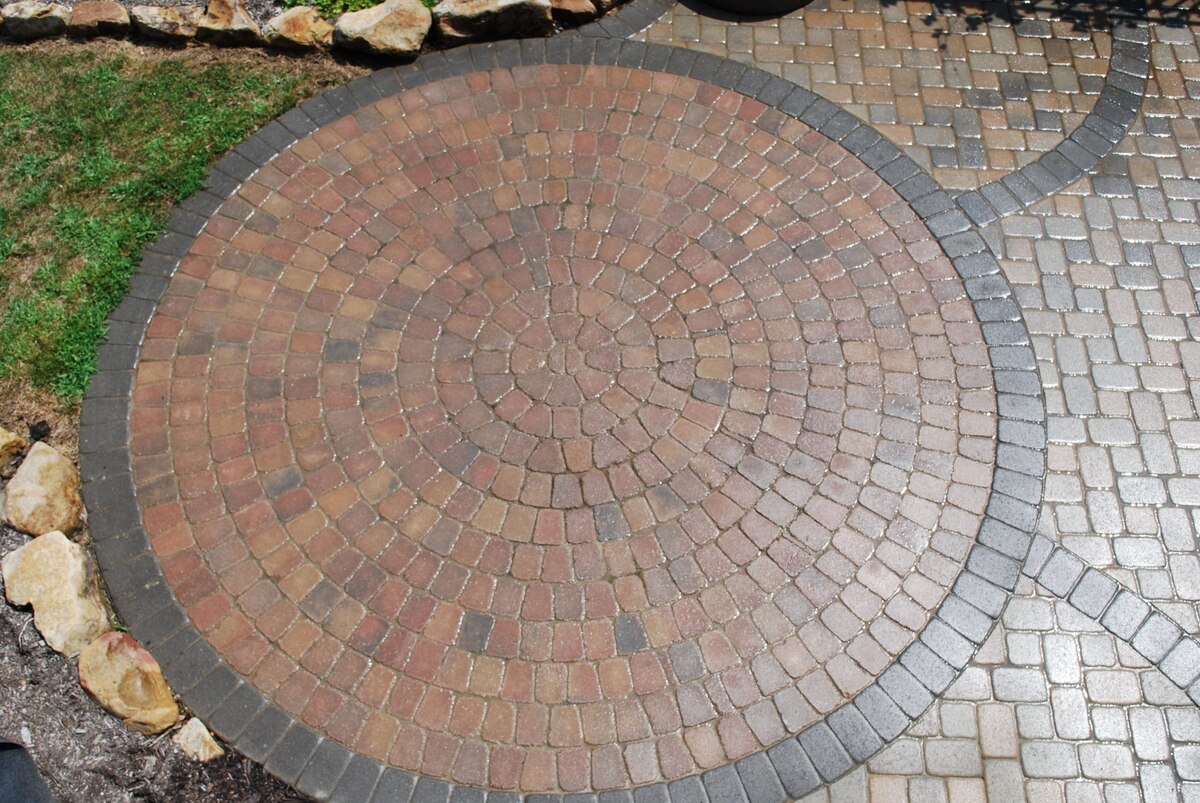
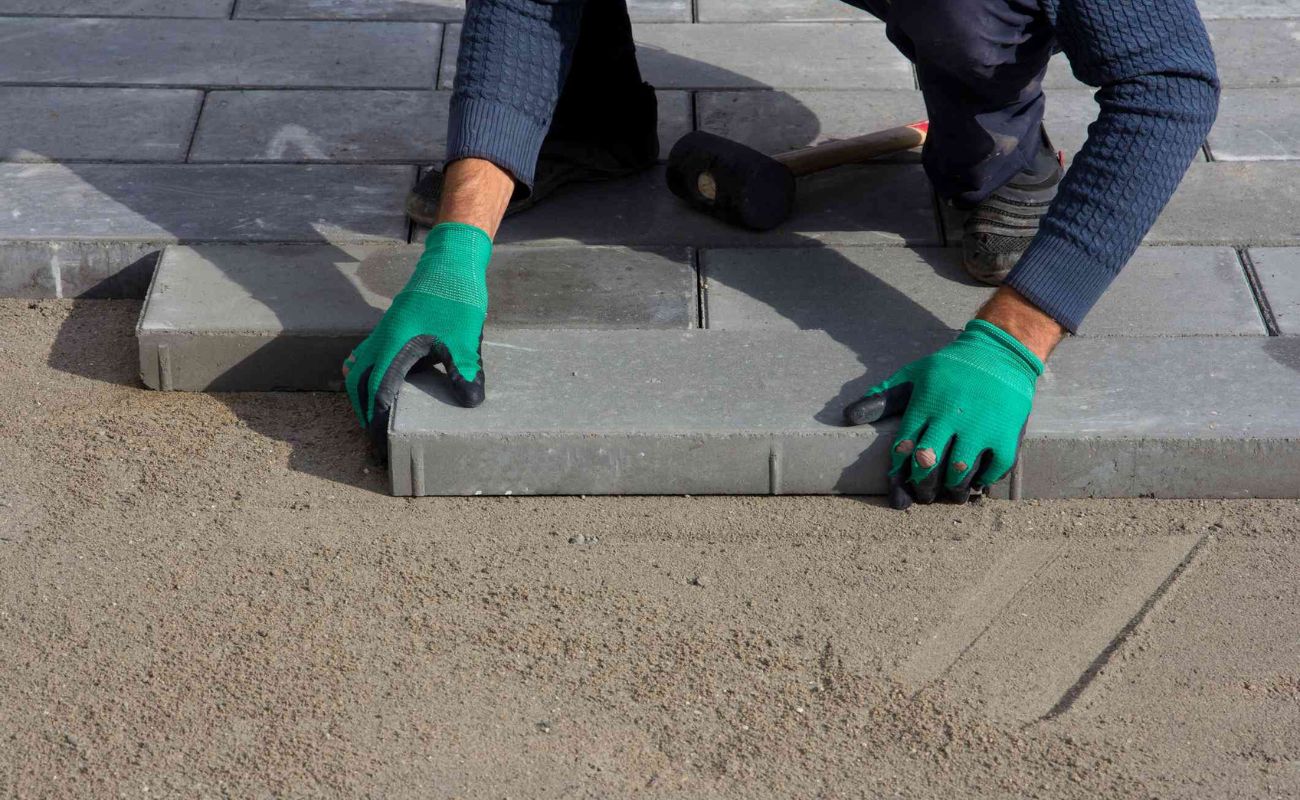
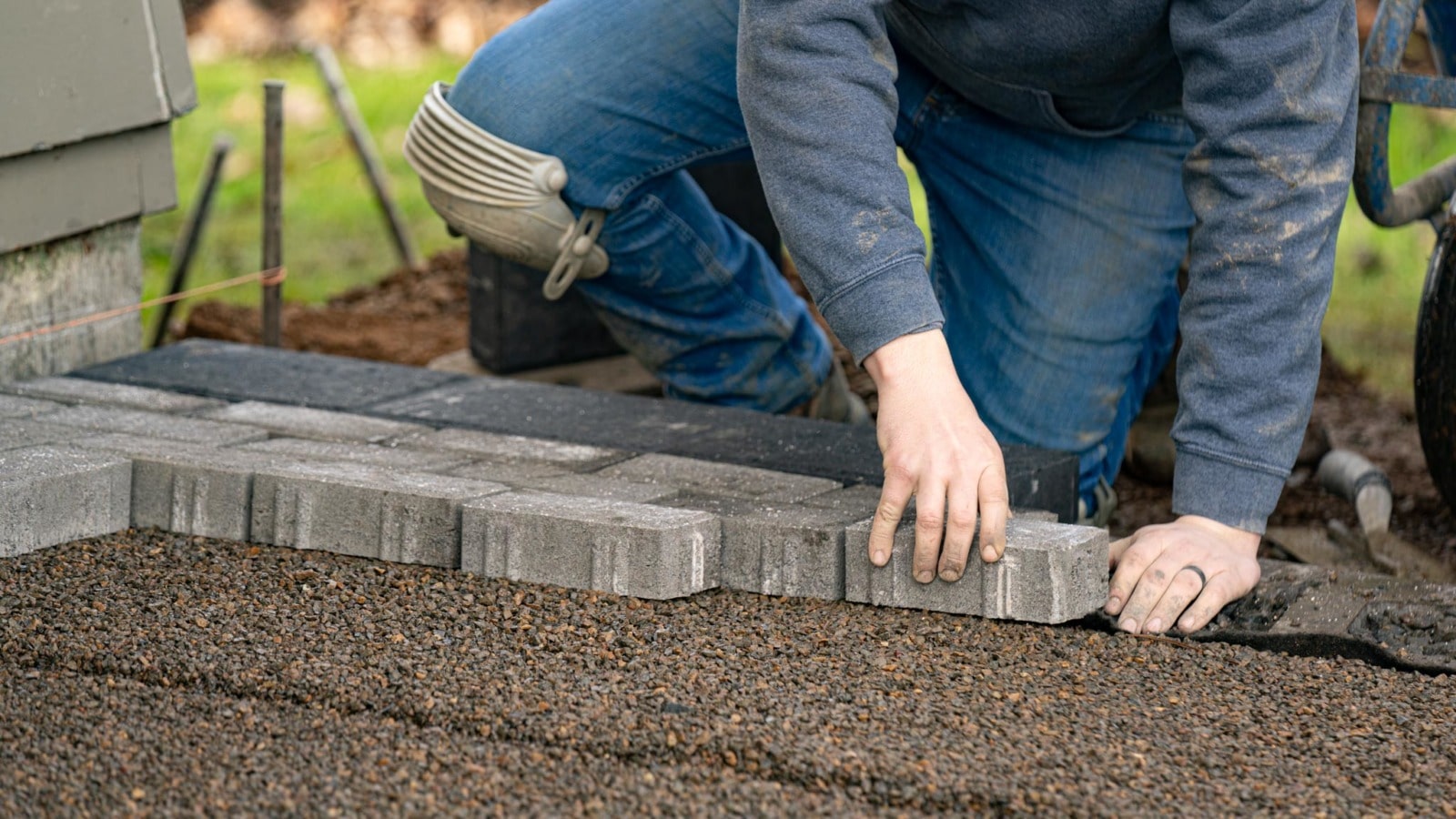
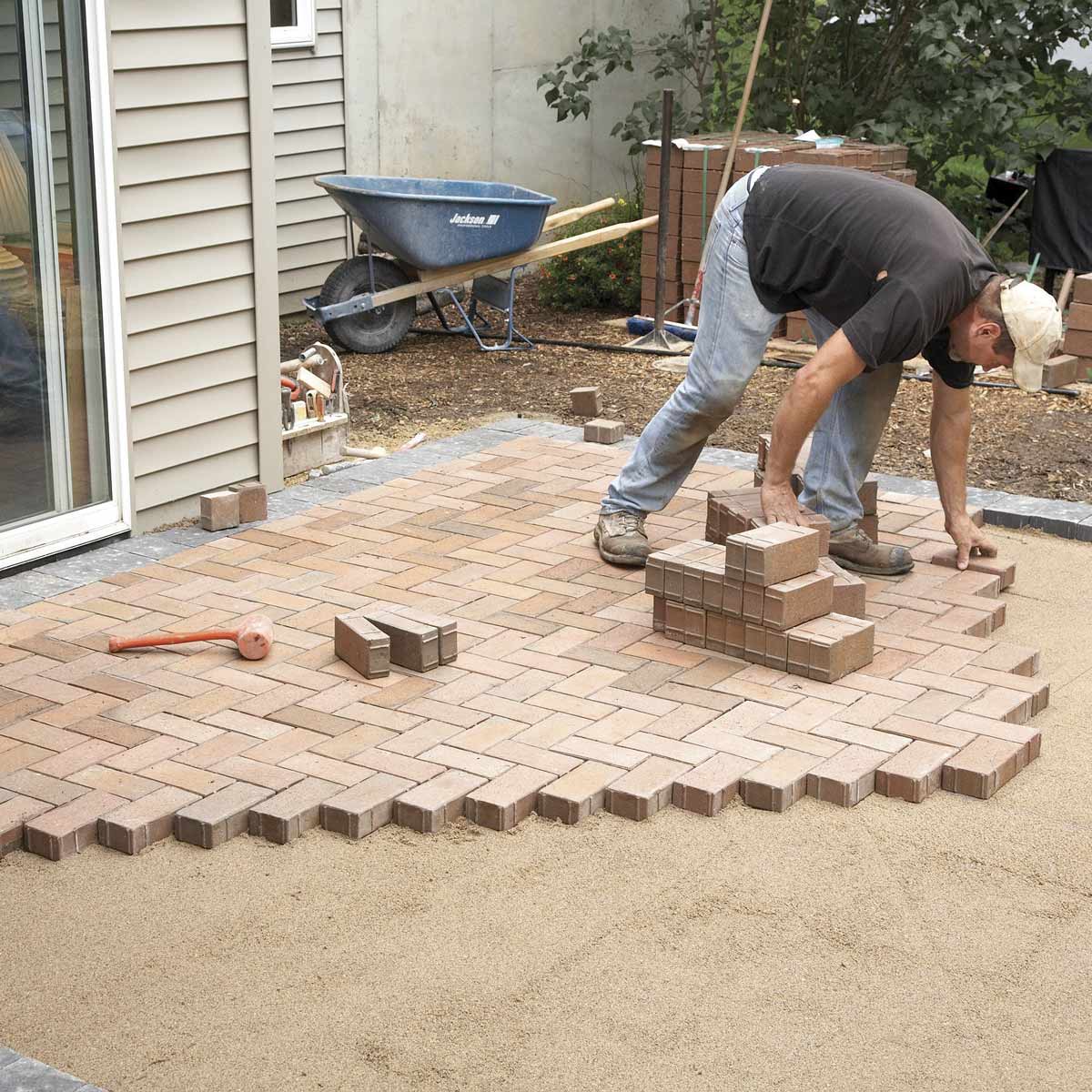
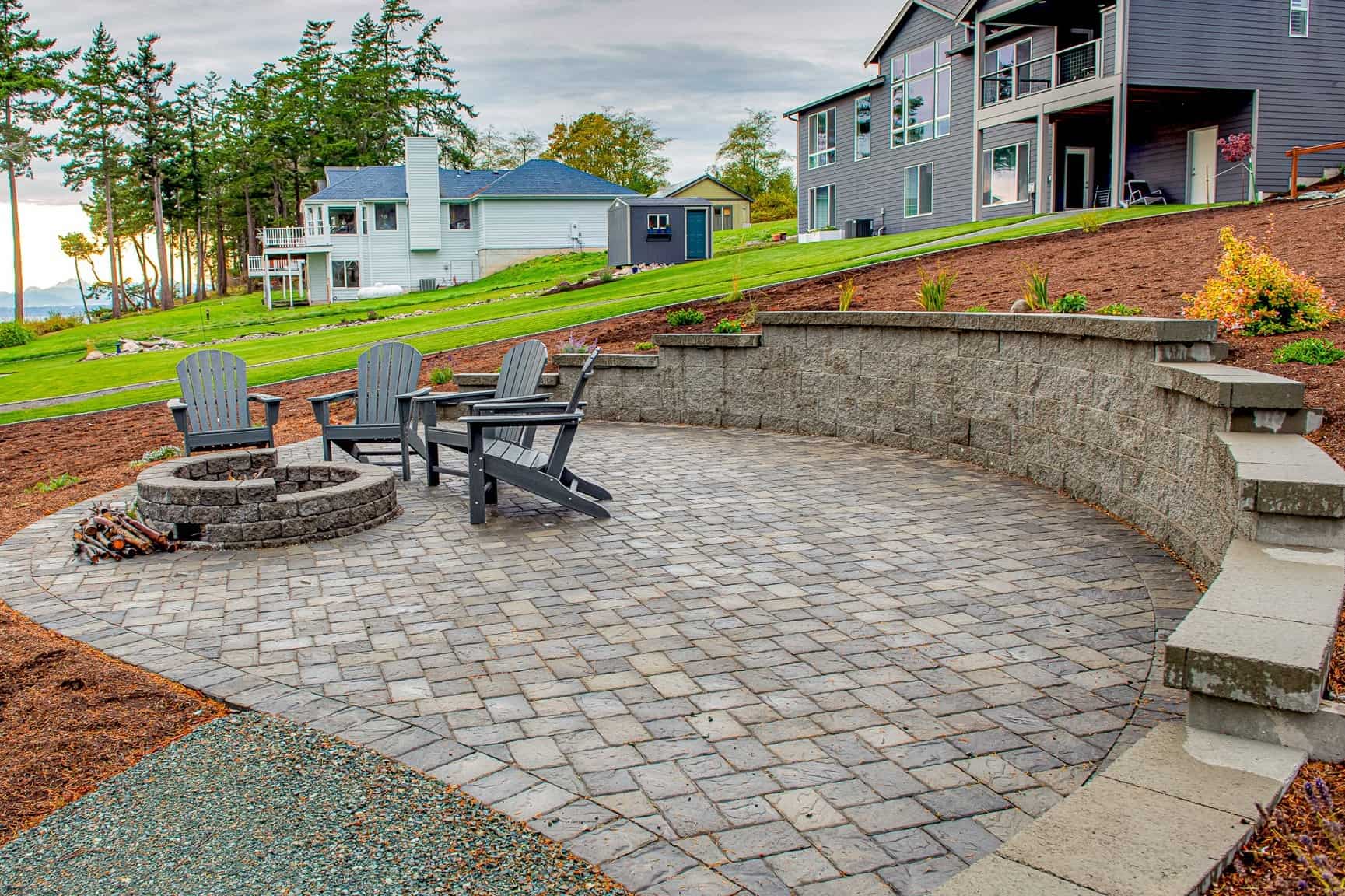
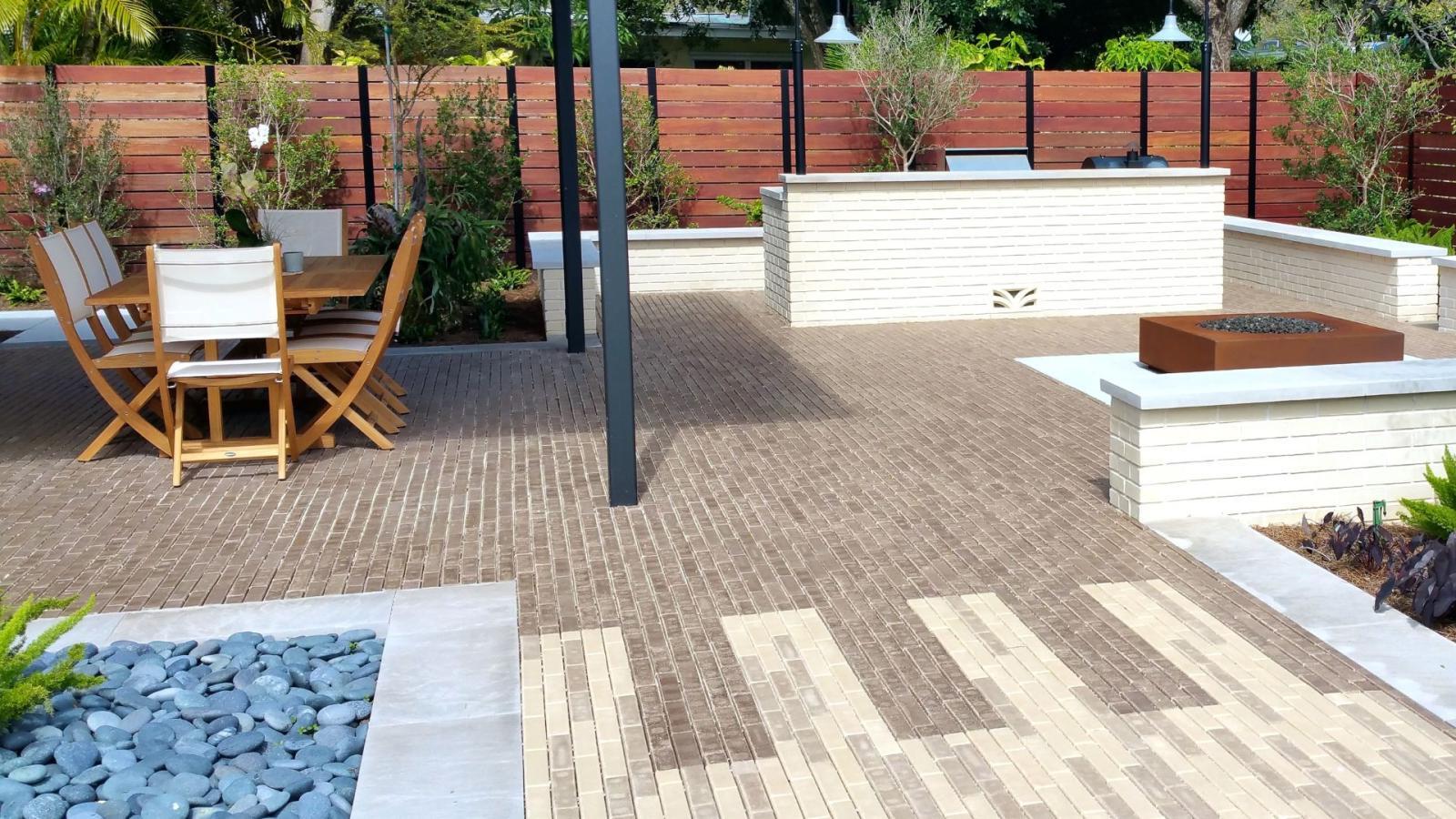
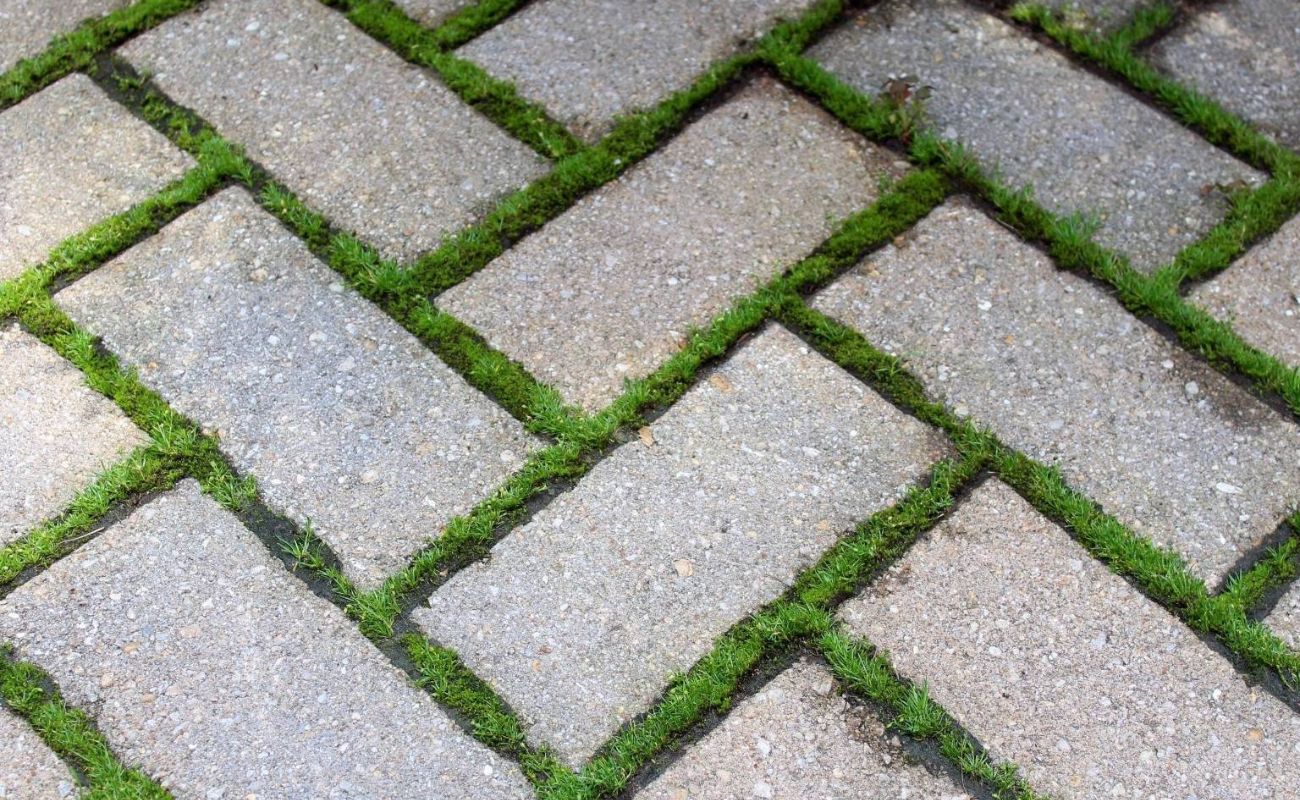
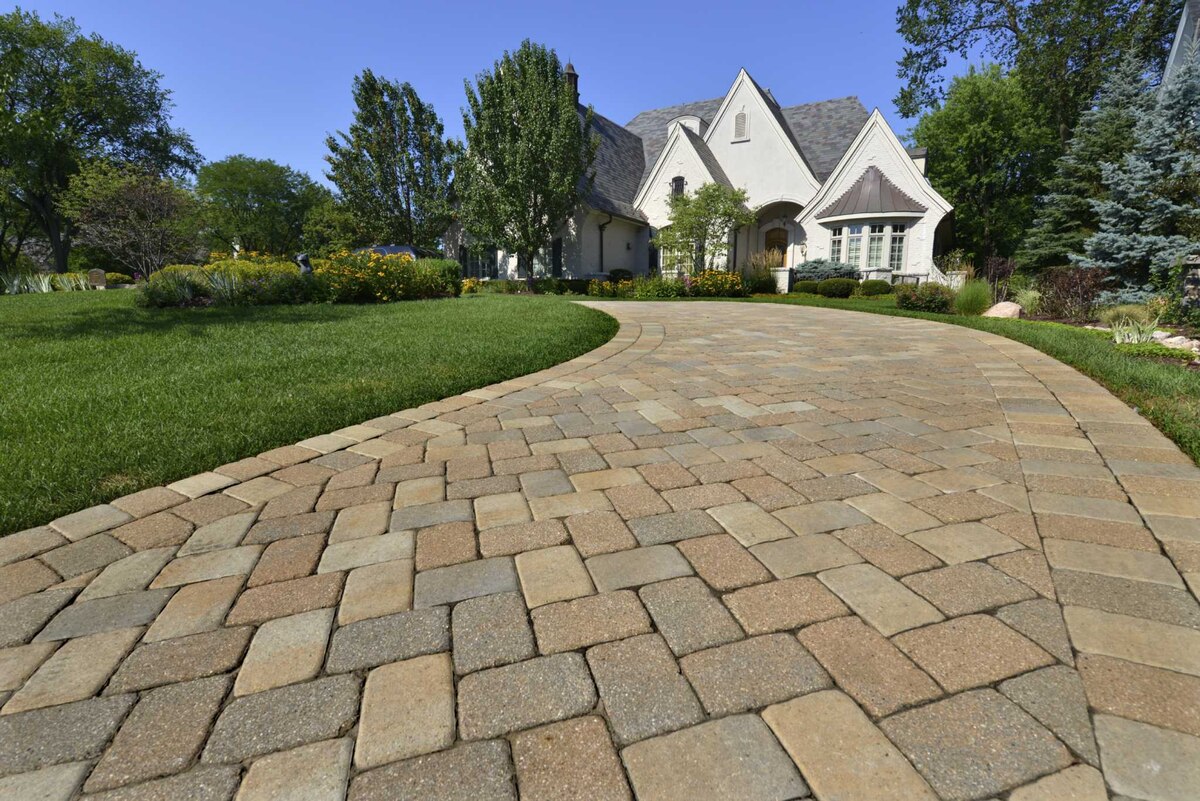
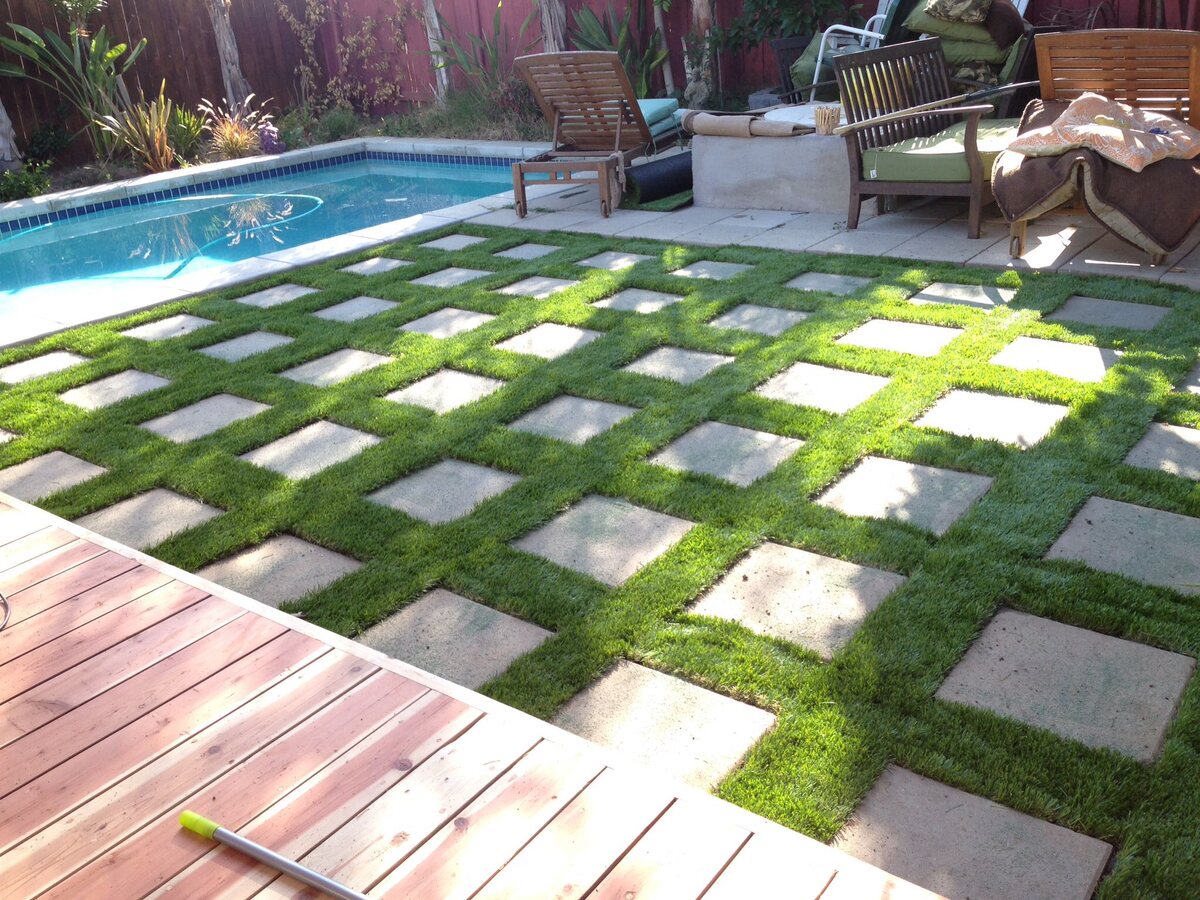

0 thoughts on “Which Pavers Are Best For Patio”